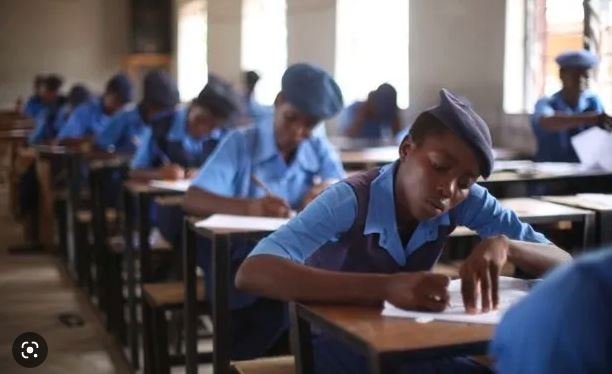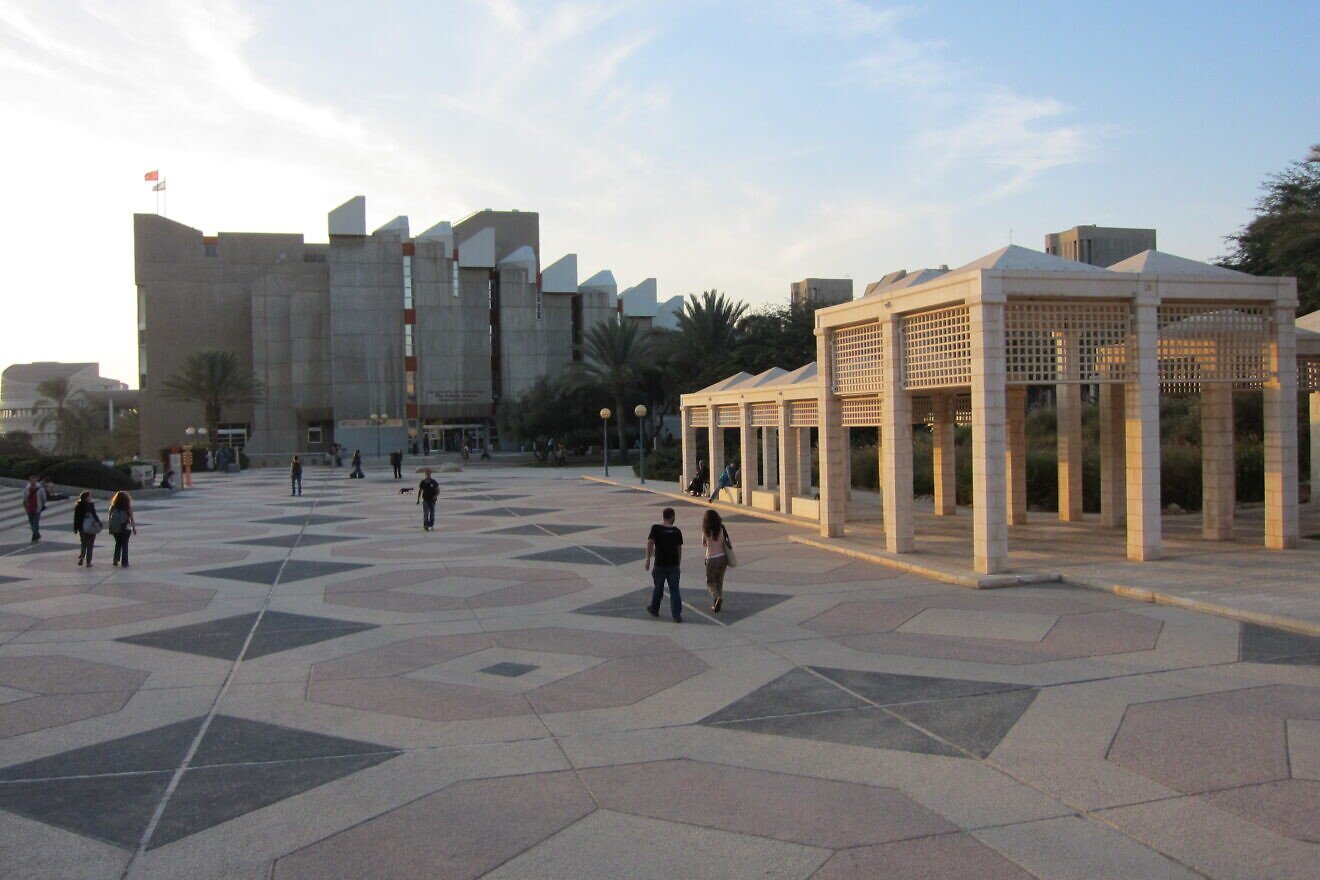Let’s face it — for public primary education to thrive, we need more than just chalk and teachers. The physical environment matters. That’s why the recent warning issued by the Nasarawa State Universal Basic Education Board (NSUBEB) boss to school contractors has stirred up serious conversations.
Who is the NSUBEB Boss?
The Nasarawa State Universal Basic Education Board, or NSUBEB, is responsible for implementing federal and state-funded projects across basic education in the state. The current chairman, known for his hands-on approach, has been vocal about improving infrastructure to support better learning outcomes.
What Prompted the Warning to Contractors?
This isn’t just talk. The chairman’s recent site inspections revealed that some contractors handling school renovation and construction projects were cutting corners. Some schools had poorly fixed roofs, uneven floors, and weak foundations — serious red flags for anyone who cares about student safety.
The Warning Statement: What Was Said?
During a press briefing in Lafia, the NSUBEB boss didn’t mince words. He said: “We will not accept shoddy jobs in our primary schools. Any contractor found compromising standards will be sanctioned .” He emphasized the state’s zero-tolerance policy for substandard work.
Scope of Ongoing Projects in Nasarawa Primary Schools
Currently, NSUBEB is managing over 100 projects in the 2025 cycle, ranging from full school reconstructions to provision of learning materials and water systems. These projects are co-funded by the Universal Basic Education Commission (UBEC) and the Nasarawa State Government.
Reactions from Stakeholders
Some contractors welcomed the call for accountability, while others complained about delayed funding. School heads expressed hope that this move would finally ensure durable buildings, while parents emphasized that their children deserve safe and modern learning environments.
Implications of Poor Construction in Education
Poorly constructed schools are more than eyesores. They’re dangerous. From leaky roofs to crumbling walls, these deficiencies affect student attendance, morale, and even teacher retention. Worst of all, it’s taxpayer money being wasted.
NSUBEB’s Quality Control Measures
The Board has now set up a specialized Technical Audit Team to inspect sites weekly. They’ve also introduced community feedback forms and are training school administrators on how to report construction anomalies in real-time.
Government Expectations and Standards
Contractors are required to adhere to Nigeria’s standard engineering codes, and any deviation can lead to fines or disqualification from future contracts. The chairman reiterated that only companies with proven track records will be approved going forward.
The Role of Community in Monitoring Projects
Parent-Teacher Associations (PTAs) across the state are being empowered to ask questions, take photos, and report to NSUBEB directly. This level of transparency aims to put pressure on contractors to deliver as promised.
The Bigger Picture: Education Reform in Nasarawa
This warning aligns with Nasarawa’s broader education reform agenda which includes digitizing classrooms, increasing teacher training, and reducing classroom-to-pupil ratios by expanding infrastructure.
Examples of Past Failures and Lessons Learned
In 2021, a school block in Akwanga collapsed due to poor workmanship. That incident triggered the review of contractor vetting processes. Since then, NSUBEB has improved transparency in its bidding and project execution stages.
Importance of Contractor Accountability
Without trust in infrastructure, no amount of curriculum reform will succeed. By holding contractors accountable, NSUBEB is sending a clear message: public funds must serve the public good.
How Media is Reporting and Amplifying the Warning
Several outlets including Daily Trust, The Guardian Nigeria, and local radio stations have picked up the chairman’s message, bringing more awareness to the issue and potentially discouraging malpractice through public pressure.
Public Expectations Going Forward
The people want results — sturdy classrooms, clean water, working toilets, and roofs that don’t fly off in the wind. With the NSUBEB boss’s stern warning, citizens are now watching closely.
Conclusion
Quality school infrastructure is not a luxury — it’s a right. With over 300,000 children enrolled in Nasarawa’s public schools, the time for mediocrity is over. The NSUBEB boss has spoken, and it’s up to contractors, officials, and communities to uphold the new standard.
FAQs
1. Who funds primary school projects in Nasarawa? Projects are co-funded by the Universal Basic Education Commission (UBEC) and the Nasarawa State Government.
2. Can a contractor be blacklisted? Yes. Contractors who deliver substandard work risk losing future state contracts and face legal sanctions.
3. How can the community report poorly done jobs? PTAs and community members can use designated NSUBEB feedback channels and mobile hotlines.
4. Are schools also involved in monitoring? Yes. Headteachers are trained to spot and report anomalies during construction.
5. What’s next after the warning? Continuous site inspections, project audits, and possibly public disclosure of defaulting contractors.



